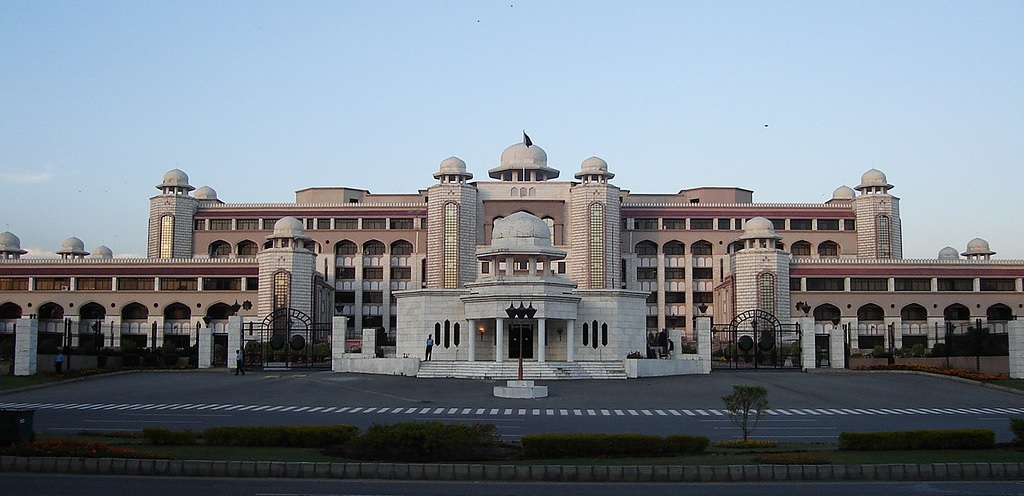
The Prime Minister of Pakistan “Waz-r-Azam”, “Grand Vizier” is the head of government of Pakistan and designated as the “chief executive of the Republic”.
The Prime Minister leads the executive branch of the government, oversees economic growth, leads the National Assembly, heads the Council of Common Interests as well as the Cabinet, and is vested with the command authority over the nuclear arsenals. This position places its holder in leadership of the nation and in control over all matters of internal and foreign policy.
The Prime Minister is elected by the members of the National Assembly and therefore is usually the leader of the majority party in the parliament. The Constitution of Pakistan vests the executive powers in the Prime Minister, who is responsible for appointing the Cabinet as well as running the executive branch, taking and authorizing executive decisions, appointments and recommendations that require executive confirmation of the Prime Minister.
Constitutionally, the Prime Minister serves as the chief adviser to President of Pakistan on critical matters and plays an influential role in appointment in each branch of the military leadership as well as ensuring the control of the military through chairman joint chiefs. Powers of the Prime Minister have significantly grown with a delicate system of the check and balance by each branch. The position was absent during years of 1960–73, 1977–85 and 1999–2002 due to imposed martial law. In each of these periods, the military junta led by the President had the powers of the Prime Minister.
Imran Khan has held the office of Prime Minister since 18 August 2018, following the outcome of nationwide general elections held on 25 July 2018.
Location
| Red Zone, Islamabad, Islamabad Capital Territory Pakistan |
| https://pmo.gov.pk/ |
| info@pmo.gov.pk |